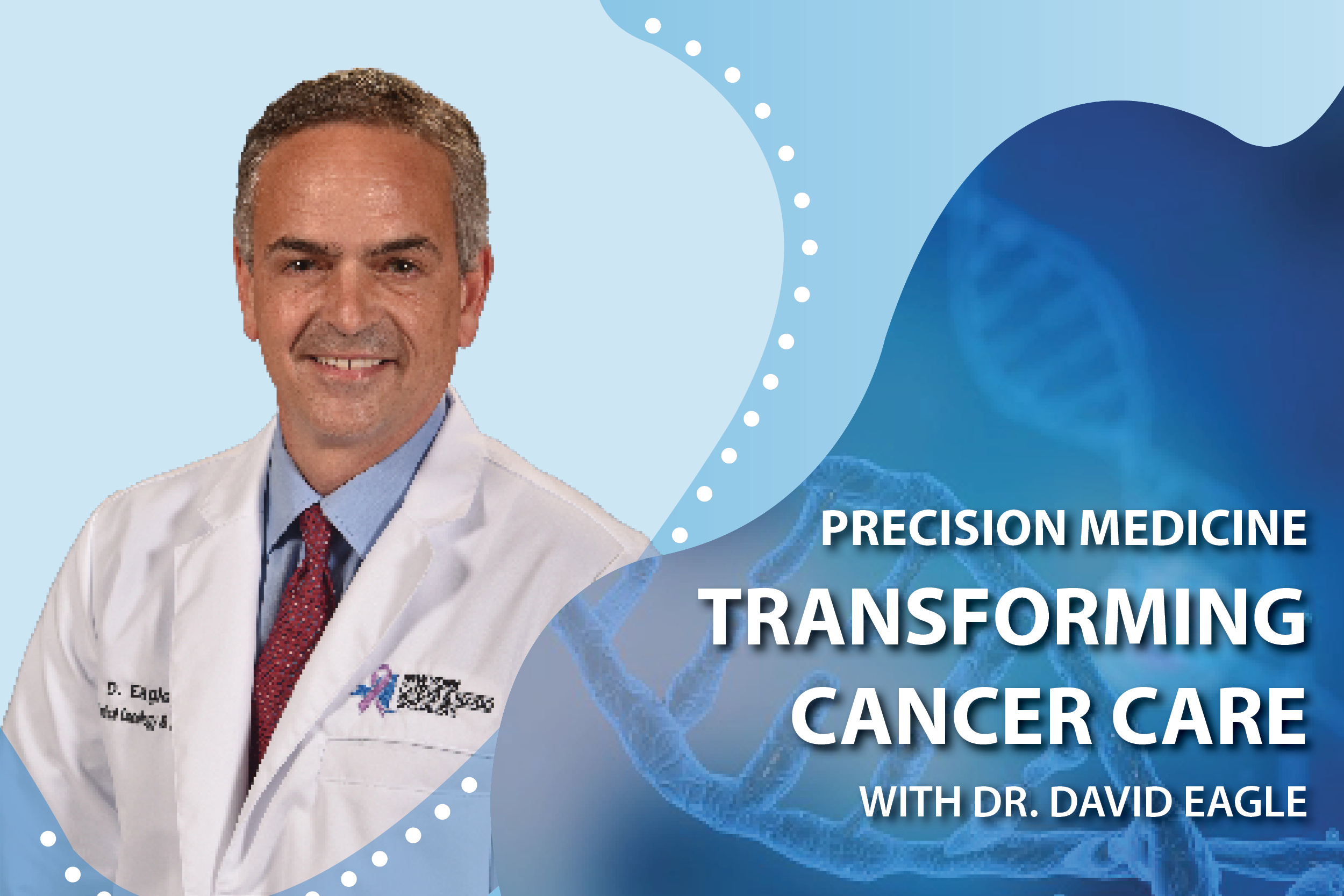Precision Medicine Transforming Cancer Care
New York Cancer & Blood Specialists (NYCBS) stands at the forefront of a revolutionary era in oncology. Decades of scientific exploration have uncovered the intricate genetic underpinnings of cancer, paving the way for precision medicine—an innovative approach that has redefined how we understand, diagnose, and treat cancer.
Traditionally, identifying the causes of cancer was a complex puzzle with numerous environmental factors implicated. However, the breakthrough came when scientists realized that these factors all shared a common thread—they damaged specific genes crucial for regulating cell division and growth. Disrupting this delicate balance at the cellular level creates an environment conducive to cancer development.
"At NYCBS, we're witnessing a seismic shift in cancer care with precision medicine. Understanding the unique genetic makeup of each patient's cancer allows us to tailor treatments with unprecedented accuracy, offering new hope to those facing this challenging journey," says Dr. David Eagle, medical oncologist-hematologist at NYCBS.
At the heart of precision medicine is the understanding that each patient's cancer is unique, harboring distinct genetic alterations. Leveraging this knowledge, NYCBS employs targeted drugs to address the protein products of these mutated genes, a process made possible by next-generation sequencing—a technique that sifts through DNA to pinpoint the specific genes responsible for a patient's particular cancer.
Just two decades ago, patients with advanced lung cancer underwent similar chemotherapy treatments. Today, over ten specific gene mutations can dictate precisely targeted drugs, often eliminating the need for traditional chemotherapy. These newer drugs are not only gentler but can penetrate previously inaccessible areas, such as the brain, providing extended lifespans for patients with minimal side effects from oral medication.
"Precision medicine is already making a substantial impact on patients' lives, but the future holds even greater promise,” said Dr. Eagle. Analyzing patients' cancers for these crucial gene alterations has become routine, allowing for increasingly effective interventions to halt cancer growth as our understanding continues to expand.”
To make an appointment, call 1-833-CANCER-9.


